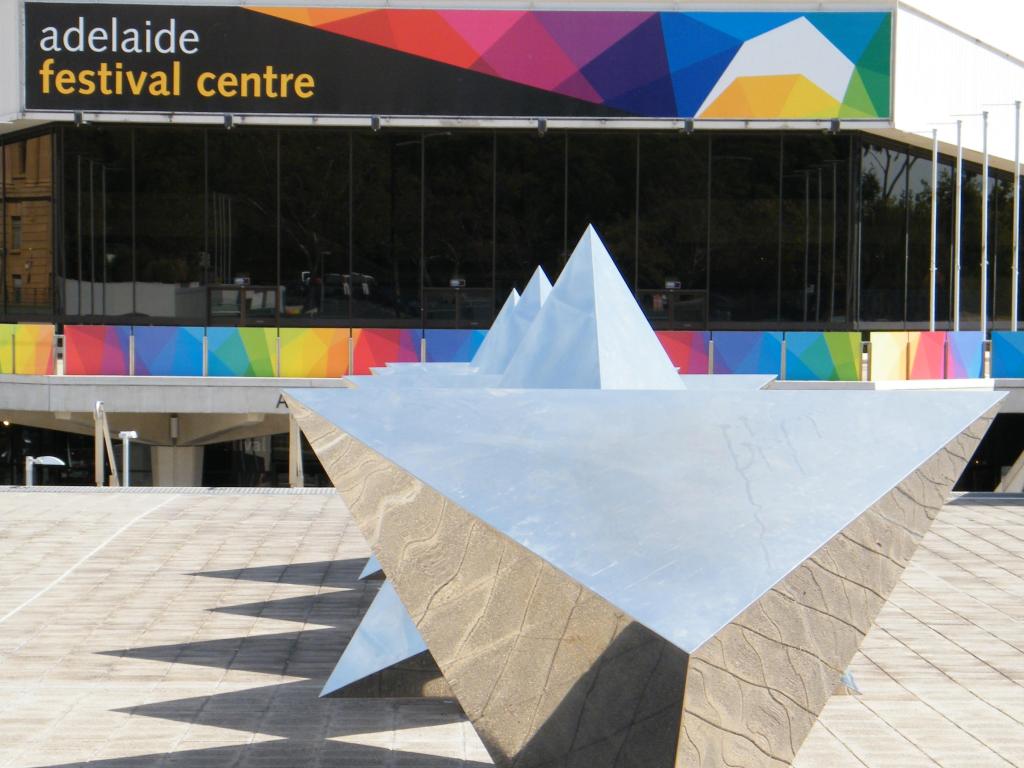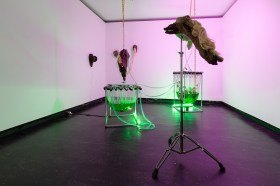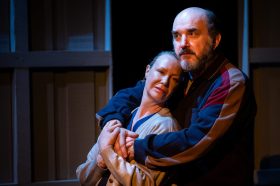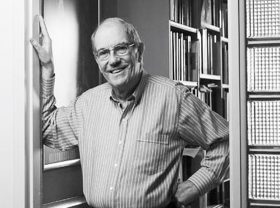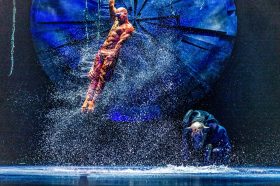Picture via Wikipedia
The Adelaide Festival Centre (AFC) recently chaired the annual conference of the Association of Asia Pacific Arts Centres (AAPPAC) in Singapore. This an international group of some 80 arts centres from across Australia and Asia, from Tokyo to Beijing from Mumbai to Singapore, along with a business circle of arts agents from across the world who now want commercial touring and artistic links with this great network of venues across Asia Pacific.
It is Asia Pacific’s premier and biggest cultural organisation and last year the Adelaide Festival Centre was elected to Chair this association for the next three years.
At the Singapore meeting, Adelaide was successful in a bid to host AAPPAC’s 19th conference in 2016. This is a major win for Adelaide and Australia.
The conference will bring all these regional cultural leaders to our shores along with the international impresarios of the business circle. Integrating Australian performing arts centres and our touring schedules into the larger Asia Pacific touring circuit will facilitate bringing the world’s biggest shows to Australia on a more cost effective basis. It will also provide excellent opportunities for Australian artistic companies and producers in the rapidly growing and lucrative Asian performing arts markets.
The 2016 conference will coincide with the Adelaide Festival Centre’s 10th OzAsia Festival and will provide a major opportunity for local and international performing arts companies who are here as part of OzAsia to pitch their shows to the business circle.
OzAsia will also be an opportunity for us to showcase to our Asian colleagues the considerable achievements of our community and cultural organisations in fostering social cohesion.
Australia is an immigrant community and increasingly made up of immigrants from Asia. Mandarin is the second most spoken language after English. Cantonese is fourth. Significantly, while the top 10 birthplaces for longer-standing migrants included four Asian and four European countries, the pattern differed for recent arrivals (those who arrived between 2007 and Census Night in 2011) with seven of the top ten countries being Asian.
The presentation of performing arts, literature, film and visual arts of Asian influence or origin has been embraced by local Asian communities and mainstream audiences. It has enriched the experience of Australian audiences by providing a more diverse range of artistic expression while also helping Australians’ understanding of Asian culture and traditions.
Where cultures flourish, so too do understanding and celebration, which, as we know, are precious ingredients for good civic society and social cohesion.
This year with support from the South Australian Government OzAsia will feature the arts of Shandong our Chinese sister province. Some 160 performers and crew will come from China with spectacular shows for us and at the same time a high level Shandong Government delegation will conduct an economic forum with their counterparts in South Australia.
This is culture sitting comfortable and proactively alongside trade, educational exchange and government to government relations. It is this complete and long term mix of exchange activities that create and sustain “special relationships” that are well rounded and long-lasting.
Over many years, the Adelaide Festival Centre has worked to position itself and the city as a national hub for Australian-Asian cultural engagement. As well as OzAsia, we run a significant internship program that has brought young arts administrators from all over Asia training and which will hopefully in the future see young Australians reciprocal interning in Asian centres and organisations.
The Hawke fellowship which has been developed with the Chinese Central Ministry of Culture seconds a top level young Chinese arts leader to the Adelaide Festival Centre for extended periods. These are relationships that will benefit both countries for decades to come.
Alongside this practical program of exchange is an exciting new development that will allow inbound and outbound interns to accredit their practical exchange work towards a Master’s degree in cross cultural leadership. The Asia-Pacific Centre for Arts and Cultural Leadership is a joint initiative of the University of South Australia and the Adelaide Festival Centre, involving partner universities and cultural institutions in many key Asian capitals. This program is the first of its kind in this region and has created a great deal of international interest.
The money cut to Asian Cultural Activities in the recent budget was to have expanded the scope and breadth of these activities to a greater number of people and institutions across Australia and our region in order to fully maximise the soft diplomacy benefits. The cuts represent an opportunity lost rather than a scaling back or cutting of existing programs.
The 2016 AAPPAC Conference is international recognition of the value of the Adelaide Festival Centres activities in cultural engagement and also a vehicle which will help progress these activities.
